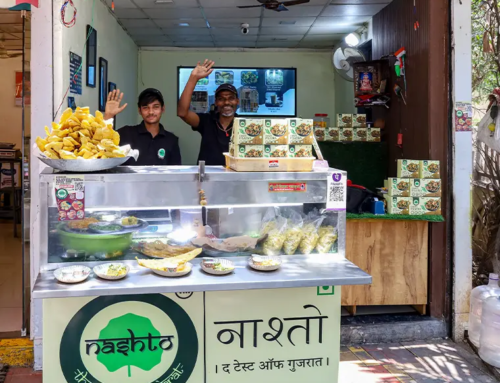Indian summers are just incomplete without the king of fruits.
Then there is still so much confusion about whether mangoes should be relished considering they are high in sugar and could be a reason for weight gain or then rise in blood sugar for diabetes
But I am just going to help you with this so you will be enjoying your favorite fruit guilt-free!
Recently, researchers have qualified mango as a superfruit as it has nutrients that not just nourish us but also protect us from free radicals and prevent health hazards.
Let’s see some of the health benefits of Mango:
Rich in micronutrients: mango is rich in Vitamin A which also acts as an anti-oxidant, has immune-boosting properties and is good for eye health. Other than that mango is also rich in magnesium and potassium which are required to maintain healthy blood flow, relaxes blood vessels and lowers hypertension.
Antioxidant property: because of its antioxidant property there are reduced chances of pathological states related to ageing, cancer, atherosclerosis, heart attack, stroke, and diabetes.
Anti-inflammatory property: because of its anti-inflammatory property it reduces the risk associated with colon and rectal cancer, chronic inflammation and mucosal damage in the large intestine, and ulcerative colitis.
Anti-diabetic effect: fresh mango is high in natural sugar as compared to other fruits but the bioactive compound present in mango has an anti-diabetic effect. Mangos are found to reduce blood glucose content which is they have a hypoglycemic effect, so people with diabetes or those who are looking for weight loss can consume mango in moderation.
Anti-cancer: Bioactive components contained in the different parts of mango have also shown anticancer activity in different tumour cell lines.
Here is how you can enjoy mangoes this season
American dietetic association (ADA) have given a score of moderate glycemic index food to mango. But still to reduce the spike in blood sugar levels mango should be paired up with foods that are rich in fibre and protein, but mango is already rich in fibre so it should be paired up with protein to reduce the glycemic index of food.
Eating mango as a fruit as a mid-meal or a 4 pm snack is a better idea. Eating mango along with meals increases the glycemic index of the meal, where excess sugar gets converted to fat.
Some more interesting ways to include mangoes in the diet:
- Chop mango into small pieces and mix it with 4 tbsp of soaked chia seed.
- You can prepare any mango salad and top it with nuts and oilseeds or any nut butter of your choice.
- Have your chopped mangoes with Greek yoghurt as a side dish.
- Add the mango pulp to your favorite smoothie.
- Prepare oatmeal or overnight soaked oats and top it with some chopped mangoes
Or
In a pan take 2 tbsp of oats ½ cup of water and ½ cup of milk add and allow it to cook for 2 mins, add any sweetener of your choice then remove in a bowl and top it with some freshly cut mangoes.
Adding 1 tsp of ghee to the aamras will ensure that the glycemic index reduces so whenever you have aamras, make sure to do this small trick!
References
Lauricella, M., Emanuele, S., Calvaruso, G., Giuliano, M., & D’Anneo, A. (2017). Multifaceted Health Benefits of Mangifera indica L. (Mango): The Inestimable Value of Orchards Recently Planted in Sicilian Rural Areas. Nutrients, 9(5), 525. https://doi.org/10.3390/nu9050525




